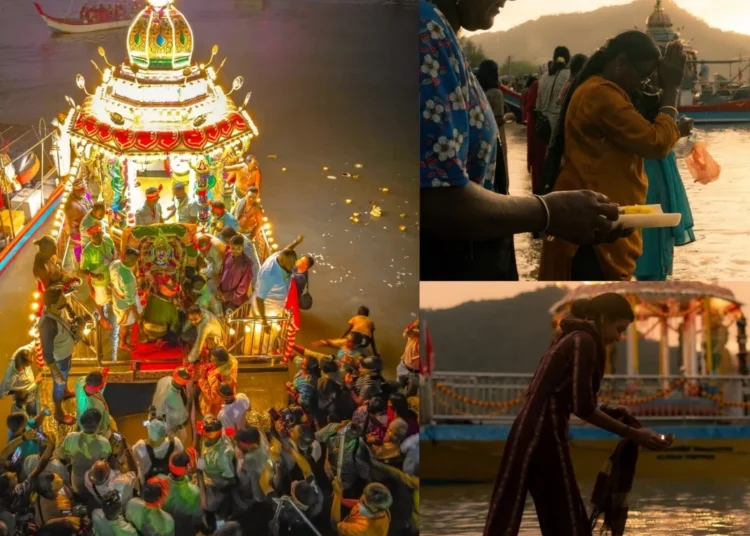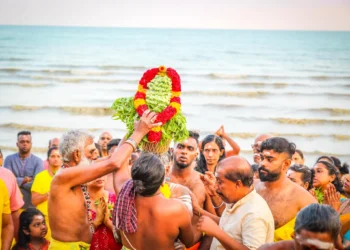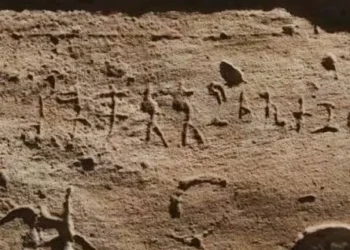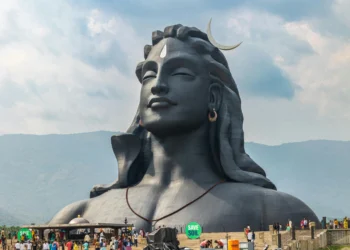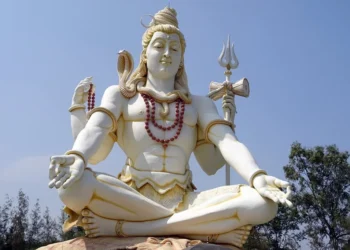It felt to me that Ilayaraja, through his music, was trying to convey an underlying message. There is something in his voice that is trying to connect with me. It affects me; it afflicts me.
– Puratchi Eyakunar, Pa. Ranjith
Pa. Ranjith is one of the most revolutionary and groundbreaking directors to emerge from Tamil Nadu in recent times. From his debut film, Attakathi, to Madras, Kabali, Kaala, Sarpatta Parambarai, and his upcoming films Thangalaan and Blue Star, there is a powerful revolutionary anti-caste, anti-class message in all of them. Tamil cinema of the 1950s had seen a wave of films that propagate Dravidian politics, with Mu. Karunanidhi, former TN chief minister, contributing extensively as a screenwriter, in creating films that proliferate the Dravidian Ideology of self-respect and rationalism. Pa. Ranjith has brought an Ambedkarite age to Tamil cinema. His films are powerful and hopeful for the new generation fighting for a casteless world. He sees art as an influential instrument to politicise society and make us aware of the world we live in. Art has a duty to serve the masses, and Pa. Ranjith is committed to this ideology.
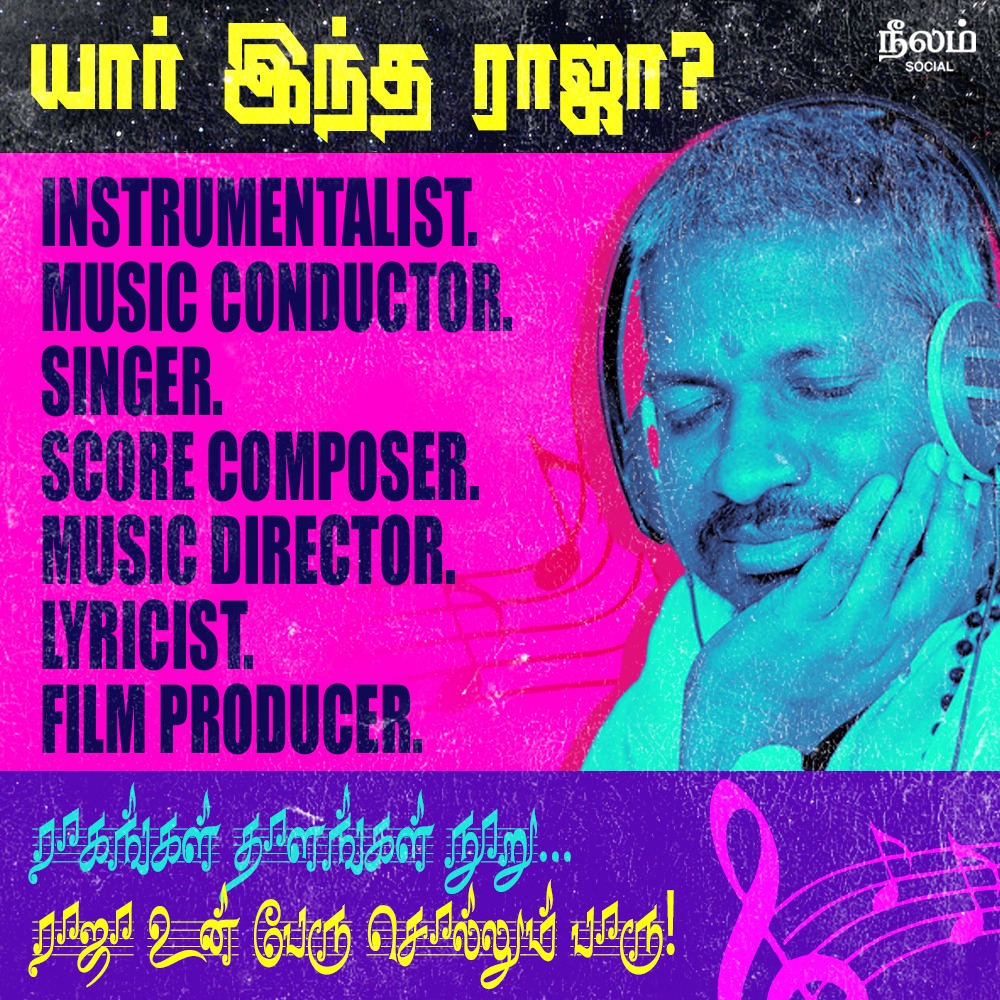
In conjunction with Isainyani Ilayaraja’s 80th birthday, Neelam Books organised a musical celebration to honour the Maestro . They had a listening party as well as speeches from creative workers like Pa. Ranjith, Sean Roldan, C. S. Amudham, and many more. Everyone expressed their own personal relationship to Raja and how his music influenced them creatively in their work.
Pa. Ranjith, in particular, expressed the intimacy he shared with Raja and his music from an Ambedkarite perspective. Pa. Ranjith is constantly scrutinised for his vocal anti-caste politics. So when it comes to Ranjith’s personal fascination and adoration of Raja, that love is reduced by the casteist public to being a loyalty born out of caste. Ranjith denies this. He states that, for him as a Dalit Ambedkarite filmmaker, Raja gives him hope. Raja’s music transports his mind to another realm. His music transcends Ranjith to another creative universe with infinite possibilities. One particular incident Ranjith shares with the audience is about a college excursion he was on years ago. It was to a place near the 1997 Melavalavu massacre, where seven Dalits, including Panchayat President Murugesan, were brutally murdered by a casteist mob. Being in that particular area stirred some strong emotions in the young Ranjith. It was during the bus ride that took him into that area that he heard Ilayaraja music playing. It was a song from Poomani. He was so overwhelmed by the music that he began to cry. He still wonders how and why he was so afflicted by that particular song. The memory of the massacre, the village, and his own personal grievance were all usurping within him. It was Raja’s music that gave him a sense of relief, a calmness, and a sublime moment of embracement.

It was there that Ranjith began to see Ilayaraja as a source of influence and hope. He states that, for him as a Dalit, it was important to see someone who came from a similar world as his, grow to create such monumental changes within the Tamil film industry. In the same way that Bob Marley and Michael Jackson are celebrated as revolutionaries in the Black community of the west, Ranjith views Raja in the same revolutionary light. Musicians like Michael Jackson and Ilayaraja are simultaneously icons and iconoclasts. They create masterful, soul-entrancing works that both consciously and unconsciously disrupt the regime of power in their worlds.
Pa. Ranjith’s full speech can be viewed at the link below.

Follow us on Instagram, Facebook or Telegram for more updates and breaking news.



